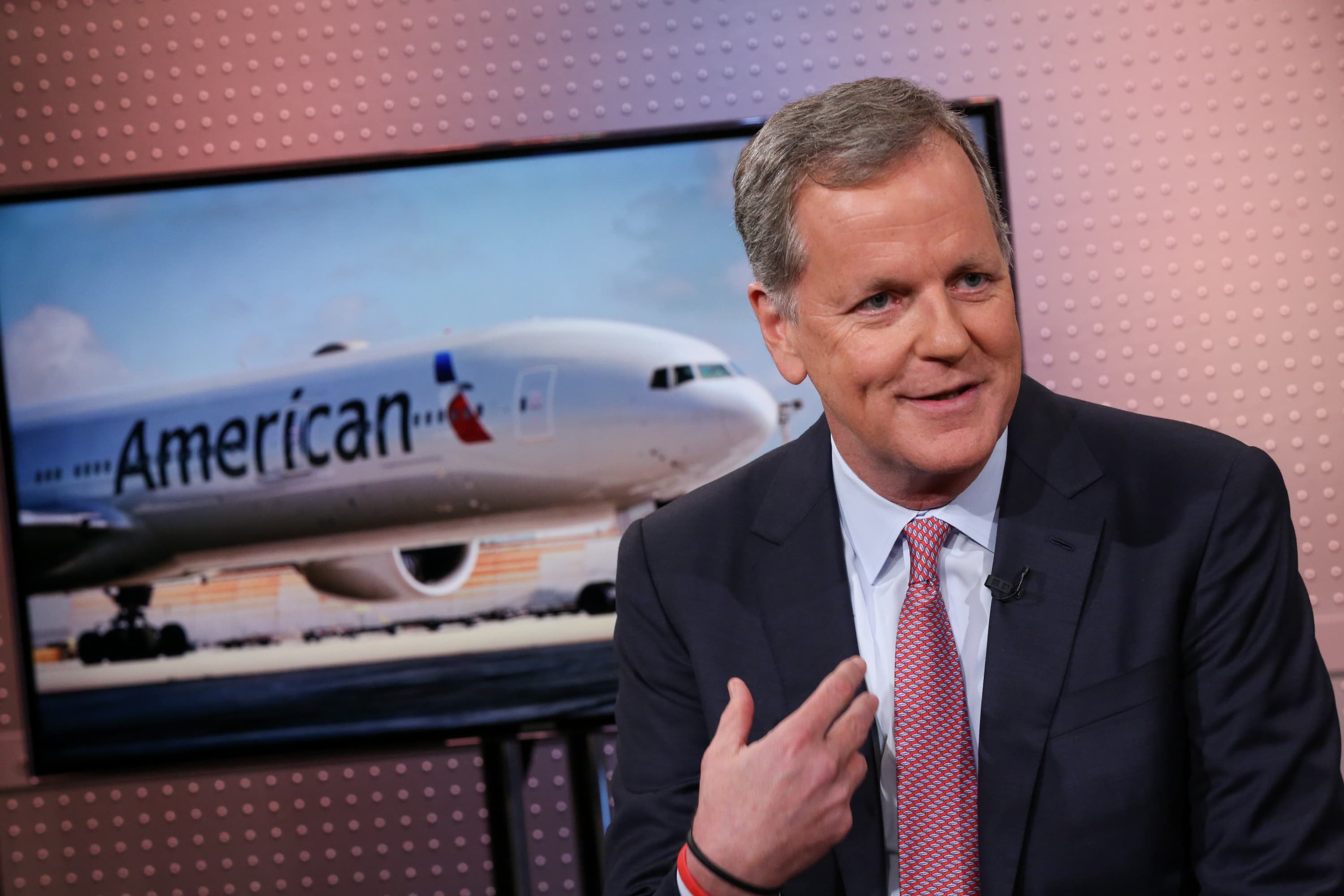
U.S. stock futures declined after quarterly reports from Apple and Amazon.com showed that supply-chain problems and tight labor markets are hitting even some of the biggest corporate winners of the pandemic.
Futures for the S&P 500 fell 0.5% Friday, indicating that the broad market index would pare recent gains after the New York opening bell. The index hit a record Thursday and is on track for its largest one-month percentage gain since November. Contracts for the tech-focused Nasdaq-100 declined 0.9% and futures for the...
U.S. stock futures declined after quarterly reports from Apple and Amazon.com showed that supply-chain problems and tight labor markets are hitting even some of the biggest corporate winners of the pandemic.
Futures for the S&P 500 fell 0.5% Friday, indicating that the broad market index would pare recent gains after the New York opening bell. The index hit a record Thursday and is on track for its largest one-month percentage gain since November. Contracts for the tech-focused Nasdaq-100 declined 0.9% and futures for the Dow Jones Industrial Average edged down 0.1%.
Investors have been monitoring earnings for signs that stickier-than-expected inflation and shipping and logistics delays are weighing on profits. Apple said that supply-chain disruptions were hindering the manufacturing of iPhones and other products and would bring increased challenges during the holiday-shopping season. Amazon posted lower-than-expected third-quarter sales and signaled that a tight labor market and supply-chain disruptions would weigh on fourth-quarter earnings.
In premarket trading, Apple shares fell 3.4%, and Amazon.com shares retreated 4.5%.
“Because they are two big household names, it could be a fragile market,” said Lars Skovgaard Andersen, investment strategist at Danske Bank Wealth Management. While investors have known about supply-chain and inflation issues for months, he said, “The question is, is it going to continue to be a problem? We don’t buy equities based on what’s happening right now, we buy based on what’s going to happen in the future.”
Meantime, Starbucks shares slid 4.8% premarket after the coffee chain said its U.S. sales were strong, but the pandemic’s resurgence in China had dragged on revenue. Chevron shares rose 2% after the energy giant reported third-quarter profit and revenue above what analysts expected, benefiting from higher oil prices.
Overall, strong earnings have supported a stock rally this month. About 82% of the S&P 500 companies that have posted results this reporting season have beaten analysts’ earnings expectations, according to FactSet data from early Thursday.
U.S. consumer spending data, due out at 8:30 a.m. ET, is expected to show an increase in September, driven both by higher prices and higher demand.
Overseas, the pan-continental Stoxx Europe 600 fell 0.4%. Shares of Volvo Cars, the Swedish auto maker controlled by China’s Zhejiang Geely Holding, rose more than 20% from its initial public offering price when it started trading Friday in Stockholm.
In bond markets, the yield on the 10-year Treasury note ticked up to 1.605% from 1.568% Thursday. Yields rise when prices fall.
Investors sold off eurozone government bonds after fresh data showed that inflation in the eurozone accelerated in October at the fastest pace since July 2008.
This came after European Central Bank President Christine Lagarde
said Thursday that investors were wrong to expect the ECB to increase interest rates next year in response to rising inflation. The selloff in bond markets this week suggests investors doubt the central bank’s ability to hold that line.Yields rose the most on southern European government bonds Friday, with Greece’s benchmark 10-year bond yield rising to 1.318% Friday, from 1.016% Thursday. Italy’s 10-year bond yield rose to 1.154% Friday, from 0.989% Thursday.
“The market was betting on the full credibility of the ECB, and is now having doubts,” said Sebastien Galy, macro strategist at Nordea Asset Management.
In Asia, stock indexes closed with mixed performance. China’s Shanghai Composite added 0.8%, and Japan’s Nikkei 225 edged up almost 0.3%. South Korea’s Kospi declined 1.3%, and Hong Kong’s Hang Seng fell 0.7%.

Overall, strong earnings supported a stock rally in October.
Photo: BRENDAN MCDERMID/REUTERS
Write to Caitlin Ostroff at caitlin.ostroff@wsj.com
https://ift.tt/3mqaAC0
Business

No comments:
Post a Comment